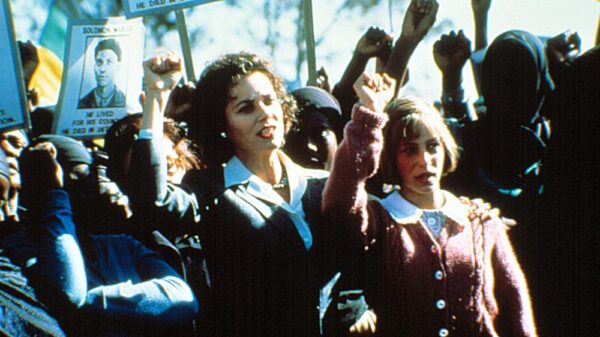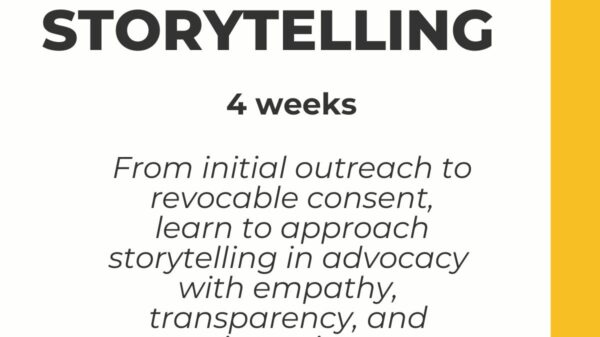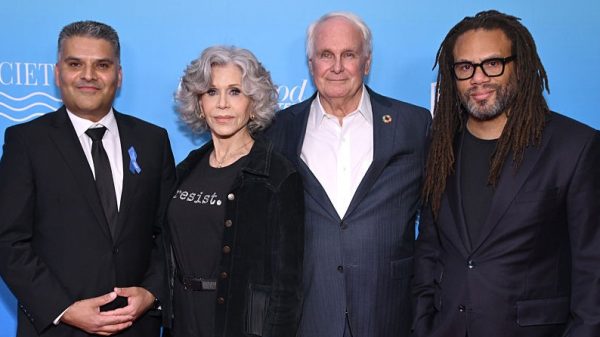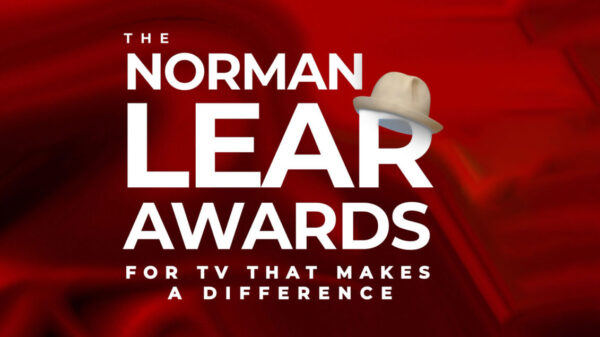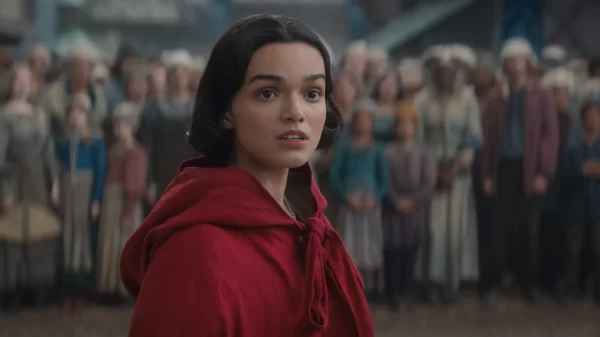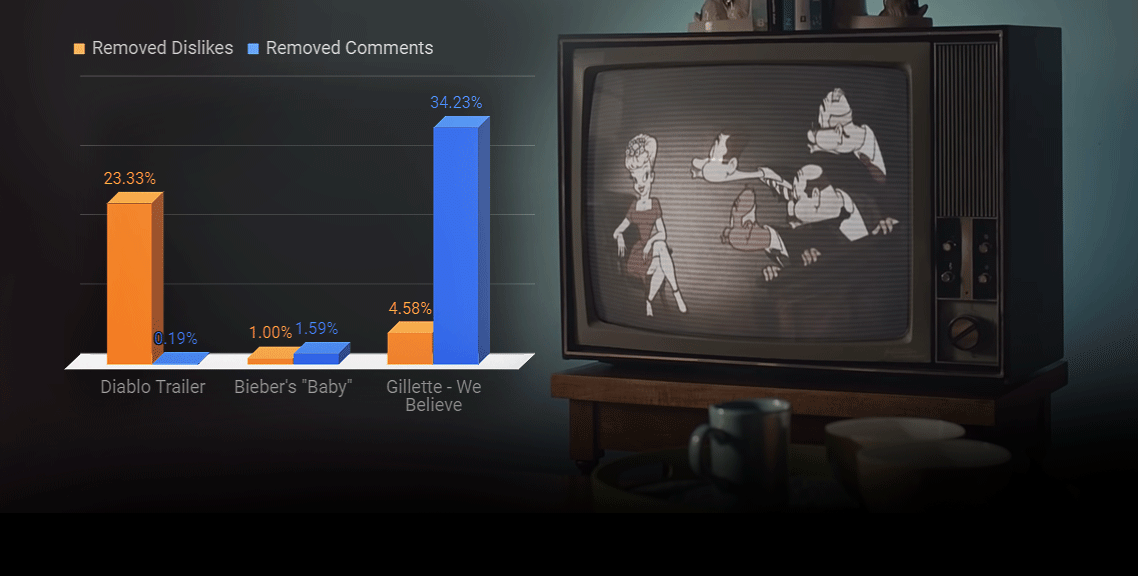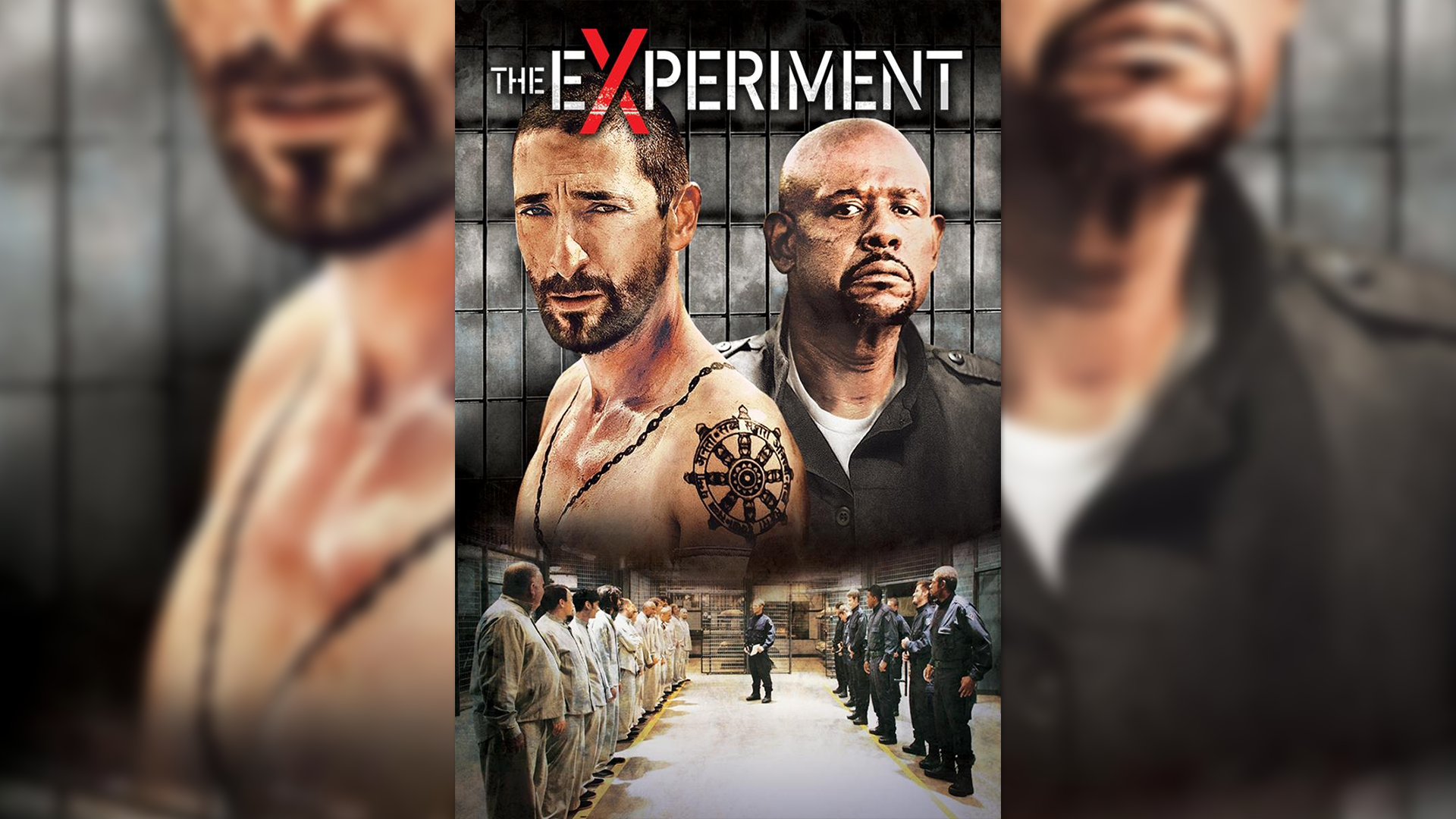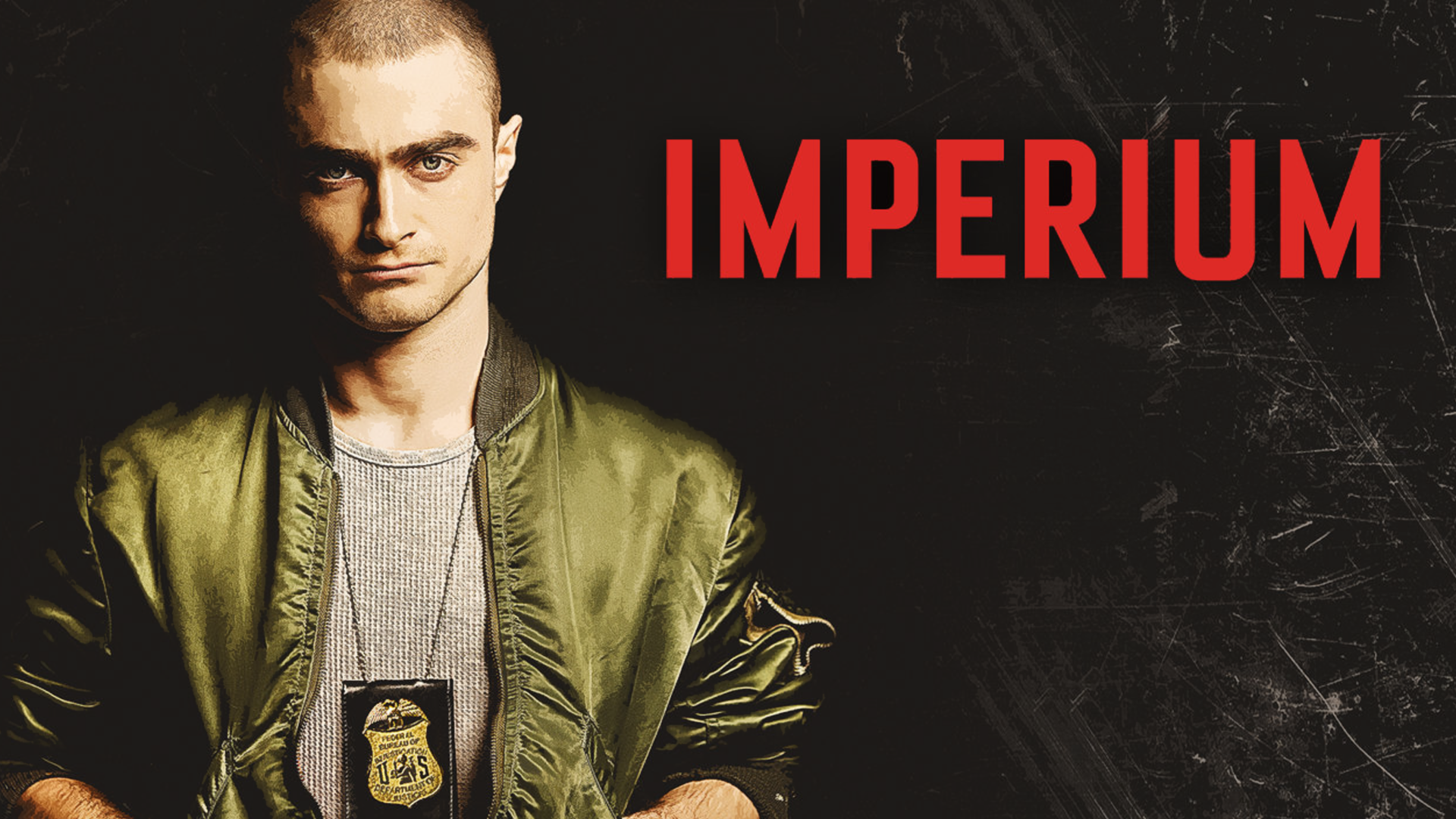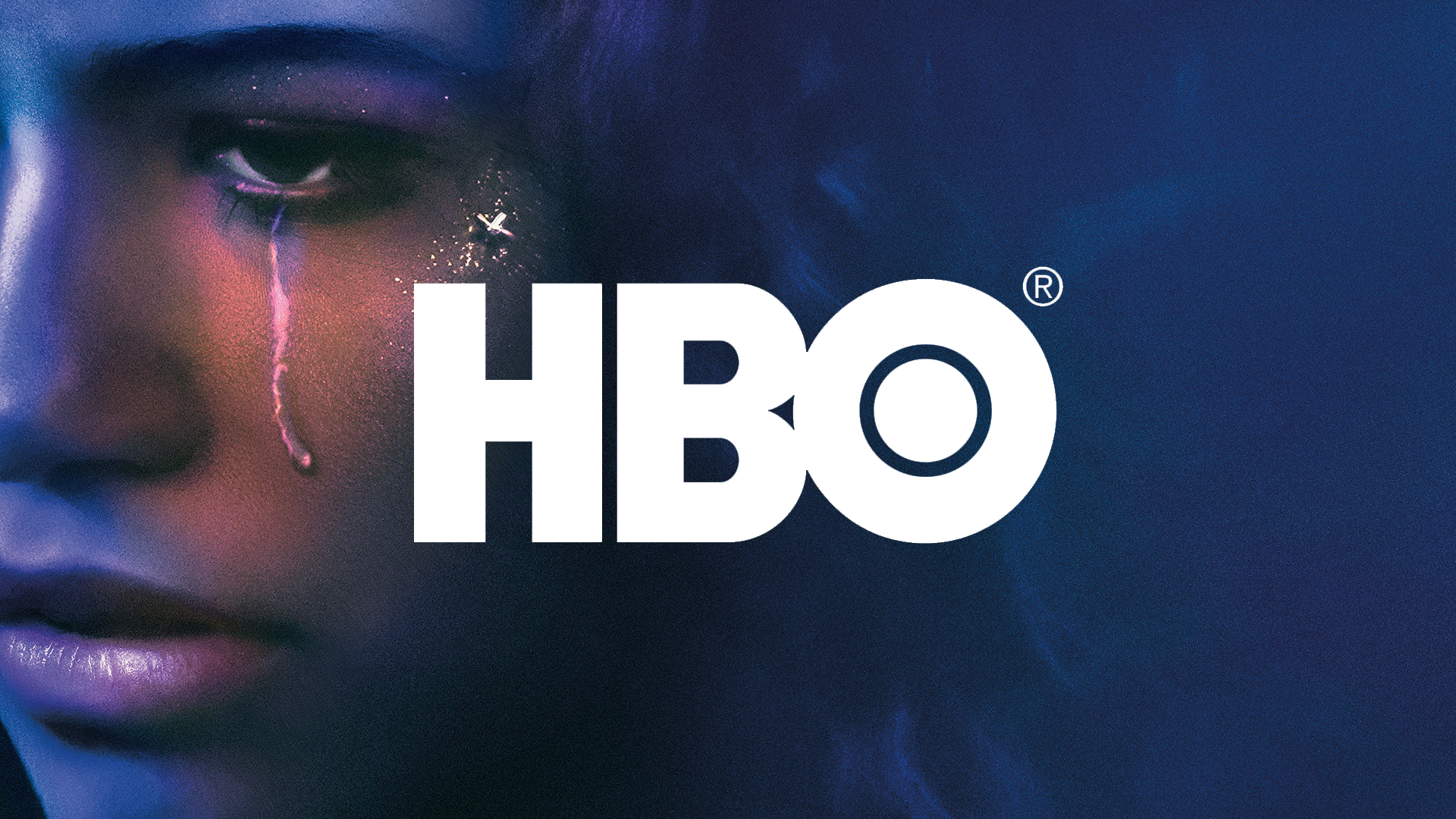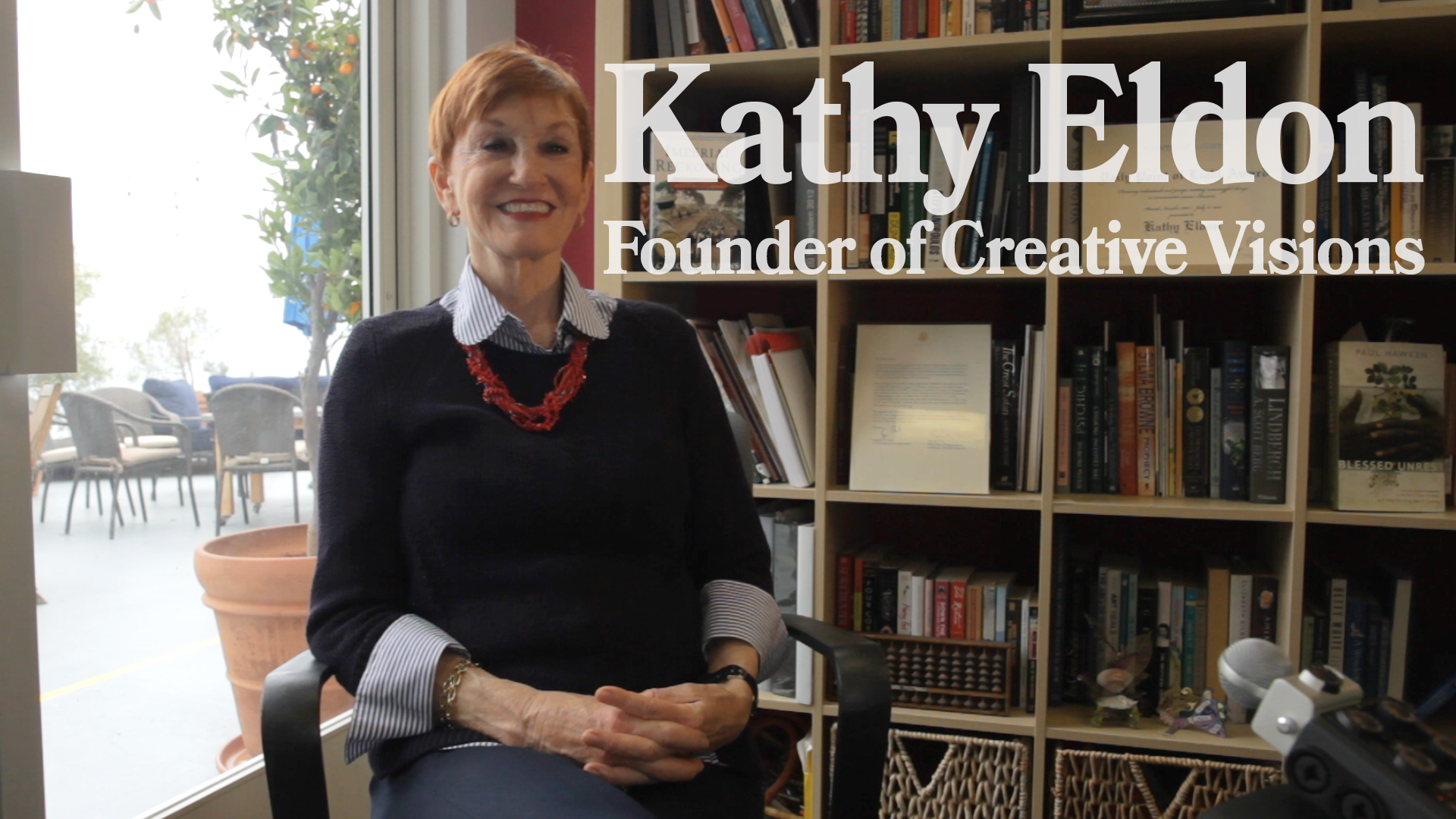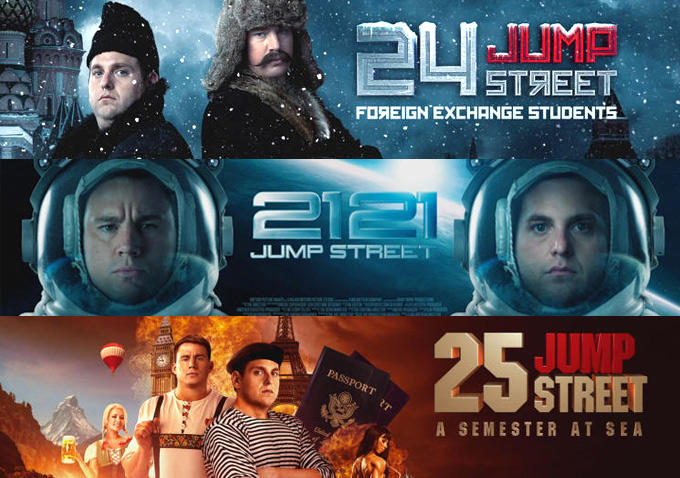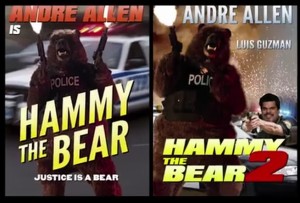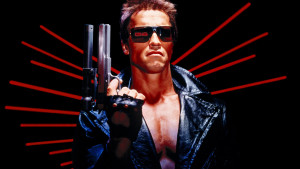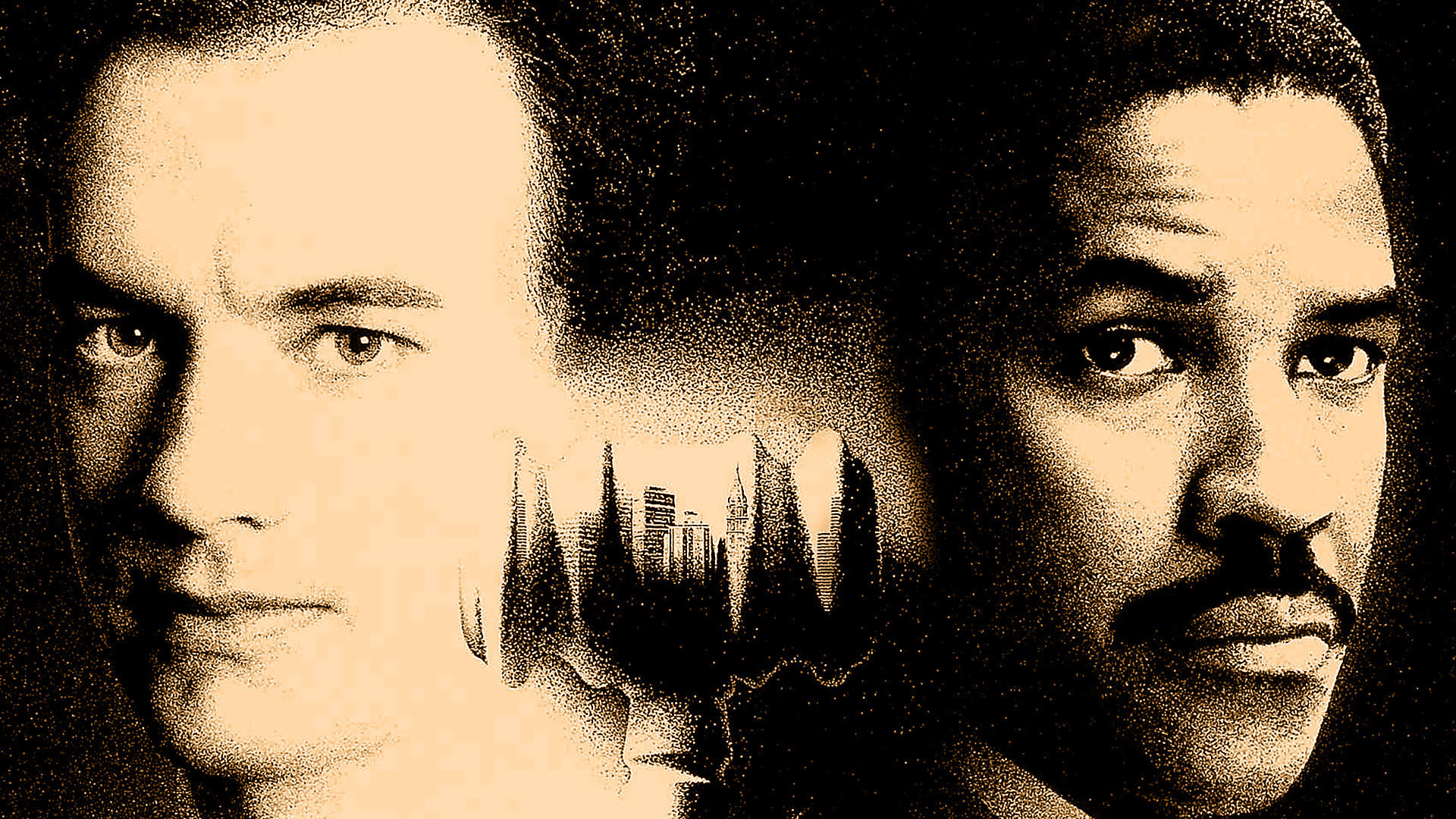well the phrase that signals the beginning of the end: “They’ve become self-aware.” Now I’m no John Connor, but I am here to warn you that much like Skynet, movies have become more self-aware than ever. Furthermore, like their human creators, they’re neurotically self-critical. Now of course, movies that are aware that they’re movies are nothing new. Wes Craven’s Scream comes to mind as a horror movie that pokes fun at all the common tropes of the genre. And there have been plenty of movies about the movie industry that satire or critique certain elements or trends. 1987’s Hollywood Shuffle pokes fun at the challenges of African-American actors in Hollywood and 2006’s Christopher Guest film For Your Consideration is a very funny satire about the effect that Academy Awards buzz has on actors. 2014, however, featured three widely released films that took a uniquely self-aware approach to make a scathing critique of Hollywood’s current infatuation with movie franchises. I’m talking about 22 Jump Street, Birdman, and Top Five, which respectively take on our culture of sequels, our addiction to superhero movies, and the prevalence of dumb money-making comedies.
2012’s 21 Jump Street was a tongue-in-cheek film adaptation of the 1980s TV drama of the same name. It had a few jokes that poked fun at its TV roots, but for the most part was a straightforward comedy about a mismatched police team sent undercover as high school students to bust a local drug ring. Due to its enormous success, as tends to happen in Hollywood, a sequel was ordered. What arrived in theaters in 2014, however, was more than just a sequel. It was essentially a sequel about sequels. From the opening scene of the movie, the actors on screen call attention to the fact that they’re in a sequel and were going to follow the same basic formula as the first movie. The police chief tells his undercover officers to “do the exact same thing as last time” to ensure that “everyone is happy.” As the movie progresses, they hammer this joke home over and over, culminating in a credit sequence featuring previews to future sequels in the series, 23 Jump Street, 24 Jump Street, and so on. This joke yields laughs, but also a subliminal sense of terror because it seems totally plausible that they would in fact make all those sequels. With a built-in audience and a brand already well-developed, why wouldn’t they? The film makes an important point about Hollywood’s obsession with cranking out sequels and building franchises instead of focusing on new and original material. In his excellent analysis of Hollywood’s franchise obsession, Mark Harris of Grantland points out that of the films slated to be released in the next 6 years, no less than 150 of them will be sequels or franchises. Let that sink in. If only a cyborg from the future could come back in time and stop that from happening…
22 Jump Street cleverly brings attention to this troubling trend, but at the same time, it doesn’t avoid becoming the butt of its own joke. One wonders if the need to constantly remind viewers that it’s aware of its own shortcoming (as a repetitive sequel) is simply a tactic to deflect criticism from others. Like an insecure person making self-deprecating jokes to avoid getting made fun of, there’s an air of anxiety running through the movie, a desperation to show that they’re in on the joke and are therefore exonerated for perpetuating that which they wish to expose. But the movie is undeniably funny, and if that’s the ultimate goal, does this earn the filmmakers a free pass? The movie walks a fine line of criticizing an element of Hollywood culture while also being a part of the problem.
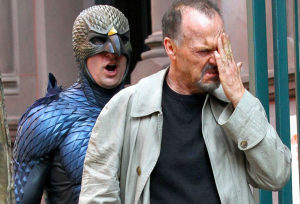
Alexander Gonzales Innaritu’s Birdman tackles another issue plaguing Hollywood today – our addiction to superhero films. The plot of the film follows Riggan Thompson, played by former Batman Michael Keaton, as he tries to put on a respectable Broadway play to shed himself of the superhero image he’s become so famously associated with. If your meta alert is going off, it’s working fine because yes, this is another case of self-aware filmmaking where to fully appreciate the movie on all its levels, the viewer has to be aware that he or she is watching a movie. Seeing Keaton show off his acting chops playing Riggan, who in turn is showing off his acting chops in his Broadway play, one can’t help but appreciate the way that art is imitating life, and vice versa.
One scene early in the film brings attention to a serious problem that superhero franchises create — the dearth of good actors available because they’re all tied up in one franchise or another. While searching for a last minute replacement for an actor in his play, Riggan goes through a list of names with his manager Jake:
RIGGAN: Find me an actor. A good actor. Philip Seymour Hoffman…
JAKE: He’s doing the third Hunger Games.
RIGGAN: Michael Fassbender?
JAKE: Doing the prequel to the X-Men prequel.
RIGGAN: What’s his name? Jeremy Renner…
JAKE: Who?
RIGGAN: The… the Hurt Locker guy.
JAKE: Yeah. He’s an Avenger.
RIGGAN: Fuck. They put him in a cape, too?
This humorous exchange highlights the troublesome fact that with so many actors tied up in lucrative superhero franchises, there aren’t many available for the meaty dramatic roles that perhaps only they could bring justice to. The actor that he ends up casting is played by Edward Norton, who himself played The Incredible Hulk. Enough irony to make a Terminator’s head explode. (Sorry, I can’t help myself)
Like with 22 Jump Street, while Birdman successfully calls out Hollywood for a disturbing trend, there’s a shadow of hypocrisy in the air as the film actually benefits from some of the aspects it criticizes. The spectacle of seeing Michael Keaton, forever Batman in the eyes of the public, have a dramatic return to the big screen and rejuvenate his career is a large part of what drew people in to see the movie. Birdman played by Johnny Depp or anyone else would not be the same movie. It’s no secret that Birdman’s voice sounded an awful lot like Batman’s. And there’s a handful of scenes where we see Birdman shoot off fireballs or fly through the Manhattan sky like an actual superhero. Does the film recognize that behind the intellectual desire to see a movie comment on contemporary culture, deep in our cores, a part of us just wanted to see Michael Keaton be Batman again?
While 22 Jump Street and Birdman take a self-aware approach to the film medium, Chris Rock’s Top Five does so in a way that revolves around the film’s creator and star. While Chris Rock is perhaps one of the most successful stand-up comedians ever, his track record at the movies has not been as impressive. He’s perhaps best known for either playing a zebra (in the Madagascar series) or one of Adam Sandler’s goofy friends (in the Grown-Ups movies). Clearly, as a smart and self-aware person, he’s no stranger to the public perception of his movie career. This is presumably what led him to make the film Top Five, where he essentially plays himself — a successful standup who’s made a bunch of popular but crappy movies and is ready to make the jump into more serious, respected film. His on-screen persona, Andre Allen, is famous for playing Hammy the Bear, a wise-cracking policeman who is, you guessed it, a bear. After years of pumping out Hammy sequels, Rock’s character yearns to make art that has a purpose and a message, which he does with Uprize, a historical drama about a Haitian slave uprising. Much to his dismay, the film flops and everyone at the cineplex is there to see the latest Tyler Perry movie instead. The self-awareness in Top Five is unique because it’s very personal to its creator. The film is essentially a direct address from Chris Rock to his audience, an analysis of his own career through a very thin layer of filmic disguise.
In addition to critiquing his own career, Rock pokes fun at our culture’s preference for dumb movies with mass appeal over serious films that take on important topics. And this is where the world of Rock’s film and the real world converge. Ready for an irony explosion? The opening weekend of his film, the movies that outdid Top Five in the box office were the latest Hunger Games sequel and Penguins of Madagascar, a spinoff franchise from his very own Madagascar series. So the very situation that unfolded in Top Five pretty also happened in real life to the film Top Five. It’s staggering the way the lines were blurred between the movie itself and the movie within the movie. I remember sitting in a nearly empty theater as Rock’s on-screen surrogate laments at the empty theater playing his fictional serious movie. Top Five is so self-aware and preceptive in its critique that it essentially becomes a self-fulfilling prophesy. Rock is upset that no one sees serious movies, and then no one came to see his (somewhat) serious movie.
All of this begs the question of why movies become self-aware in the first place, and why are we seeing more of them lately. There are many potential theories, some cultural and some sociological. This is mostly speculation, but I would argue that as media criticism has grown more prevalent in our society, from New York Times reviewers to tweets by random viewers, we live in a time where everyone has an opinion and everyone’s opinion has a platform to be propagated from. Being blissfully ignorant is no longer an option, and the purveyors of culture are more aware than ever of what people think about the things they put out. The culture of commenting — whether on a post, a picture, a YouTube video, an article – has put creators on the defensive before they even start creating. So I would argue that showing that you’re self-aware as a filmmaker in a way humanizes the film itself and deflects some criticism. It’s no longer just a piece of art that can be loved or hated. A film being self-aware is a stark reminder to its audience that it was made by human beings and was a result of creative choices, not a series of convenient accidents.
While some may argue that self-awareness in film detracts from the escapist nature of entering a movie theater and immersing one’s self in what is happening on screen, it does serve a valuable purpose. It shows that our filmmakers are not out of touch with their audience. They are in fact part of the audience. The movies are becoming more human. Skynet is fully self-aware.


